Proposal to have a "mini bus" business model
On October 9, at the National Assembly House, the National Defense and Security Committee held a Seminar on the Road Law Project.
Speaking at the seminar, delegates basically agreed with the necessity and basic contents of the Road Law project.
Separating the 2008 Road Traffic Law into two laws: the Road Law and the Road Traffic Order and Safety Law is consistent with the Party's guiding views on the field of road traffic organization and ensuring road traffic order and safety.
Commenting on the specific content, Chairman of the Vietnam Automobile Transport Association Nguyen Van Quyen said that compared to the current Law; the type of tourist transport business is no longer regulated in the draft Road Law.

Chairman of Vietnam Automobile Transportation Association Nguyen Van Quyen.
Mr. Quyen said that this is a type of transportation business that is operating, the trend is increasing, the management requirements have many different contents compared to other types of transportation such as:
Conditions on drivers, service staff on vehicles, and the scope of operation of tourist vehicles allowed to enter tourist destinations while other forms of transport business are limited... Therefore, it is proposed to continue to regulate the type of tourist transport business in the Road Law.
In addition, Mr. Quyen proposed to add regulations allowing a business form temporarily called: "mini bus" with the purpose of solving the need to pick up passengers from the departure point to transport hubs such as bus stations, train stations, passengers with short travel distances such as students, students, people going to parks, supermarkets...; using electric vehicles, with a capacity of 9 to 16 seats to be able to go into inner-city roads.
This is also a solution to reduce motorbikes in big cities like Hanoi and Ho Chi Minh City and implement the policy of reducing greenhouse gas emissions.
Grab proposes to be a "transportation intermediary service"
Regarding the regulations on Automobile Transport Business, Clause 6, Article 61 of the draft Road Law stipulates: Automobile transport business is the act of an organization or individual performing at least one of the following stages: Operating vehicles and drivers or deciding on transportation fares to transport passengers and goods on the road for the purpose of profit... Automobile transport business is a conditional business line including passenger transport business by automobile and freight transport business by automobile.

Ms. Dang Thuy Trang spoke at the seminar.
Commenting on this content, Ms. Dang Thuy Trang - Director of External Relations of Grab in Vietnam said that according to the above regulations, Grab is providing transportation business. This is not really suitable and causes difficulties for both businesses and management agencies in the implementation process.
Ms. Trang proposed that Grab service be classified correctly as a connecting intermediary, instead of a transportation service as stipulated in the draft Law.
Explaining this, a representative of Grab Vietnam said that the transport connection service provider only participates in a part of the entire transport service supply chain. That is the stage that promotes the connection between drivers and customers through the application. Grab is responsible for the pre- and post-service stages (including: Marketing, connecting transport units with passengers, completing bookings, making payments, evaluating service quality), then working with transport units and drivers to improve the service.
Besides, international experience also shows that no country in the world classifies connection services like Grab into the group of "transportation business".
For example, in the region, Singapore defines it as On-Demand Ride Booking Service; Malaysia calls it Intermediary Service; Philippines calls it Transport Network Service…
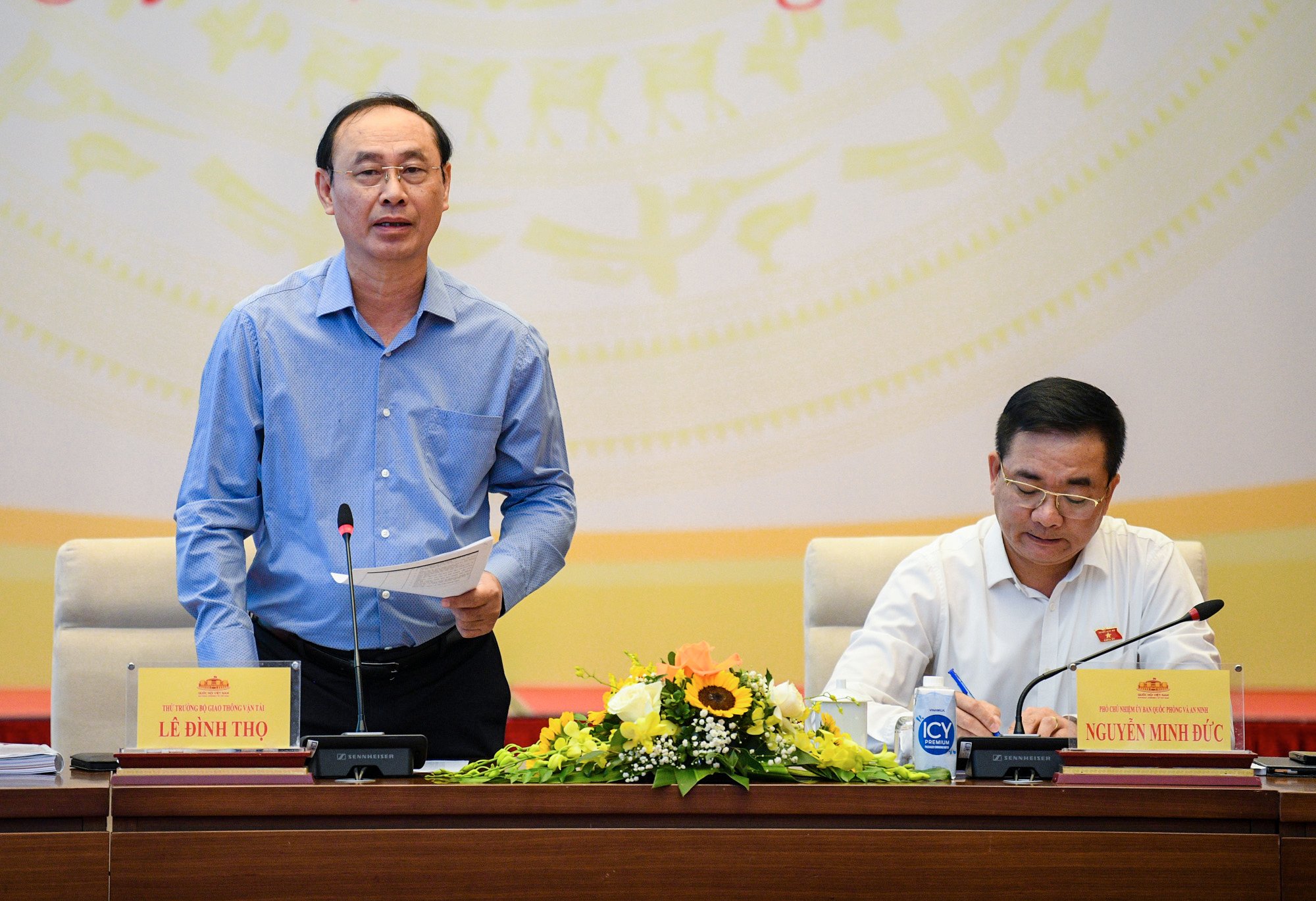
Deputy Minister of Transport Le Dinh Tho spoke at the seminar.
Responding to this content, Deputy Minister of Transport Le Dinh Tho said that automobile transportation business is a conditional business line including passenger transportation business by automobile and freight transportation business by automobile.
The connection between people and vehicles, regardless of the form (manual or technological), is still just a tool. Therefore, the State still has to manage businesses, organizations and individuals providing services related to the transportation business.
At the discussion, delegates also said that the most important thing in determining who is the transport business, who is responsible to the State is that currently Grab is the unit that decides the transport fare and between Grab and the car owner, a contract has been signed (including the tax collection part to be paid to the State). Thus, when signing a contract with a service user, Grab must be responsible for its obligations to the State.
Mr. Tho also said that he will absorb the opinions of the delegates at the seminar to edit and clarify the nature to strengthen State management in the field of transportation business and for businesses, organizations and individuals providing services related to transportation business to be proactive and clearly understand their responsibilities .
Source








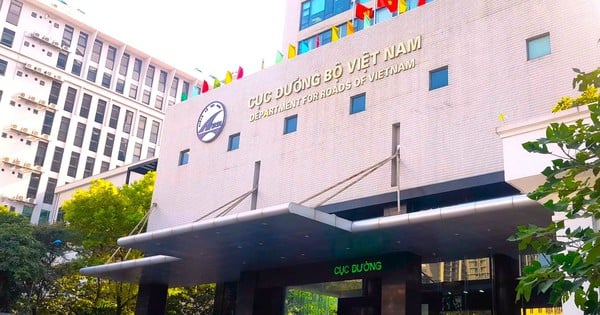

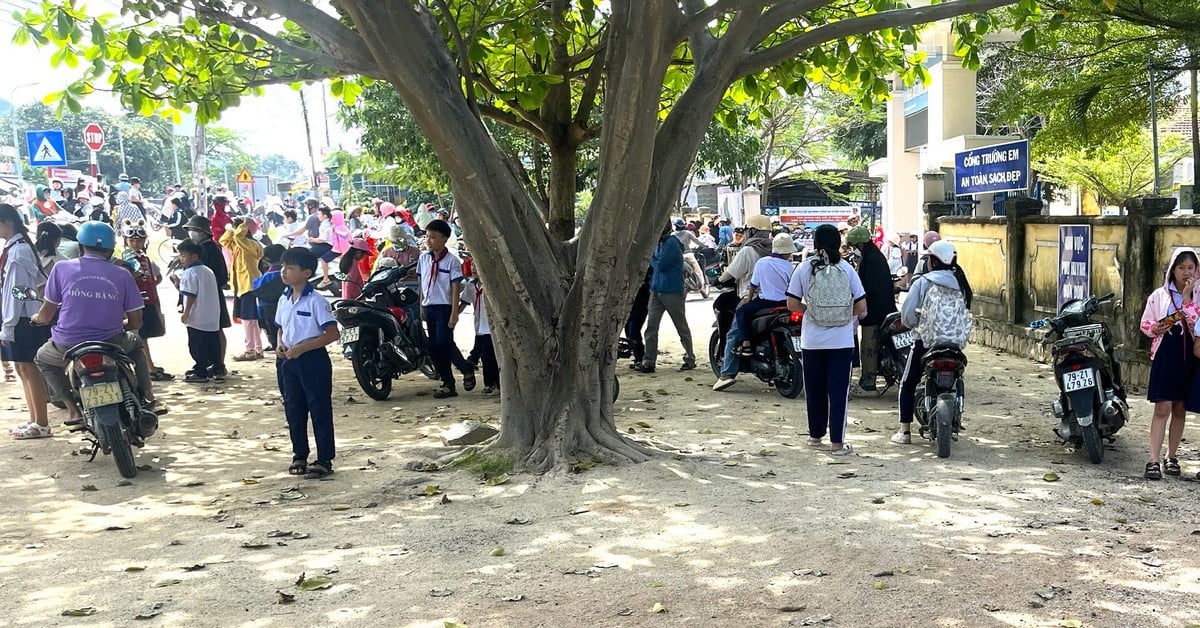

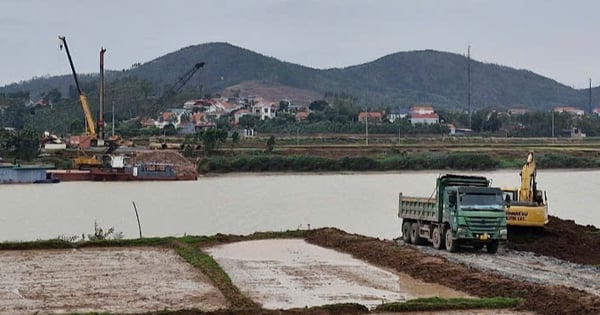
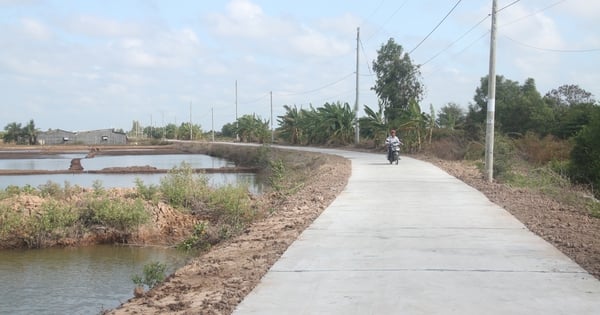


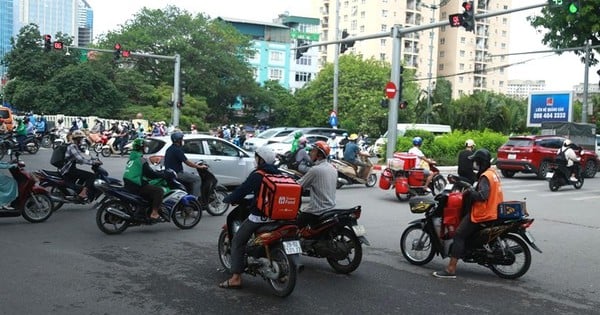
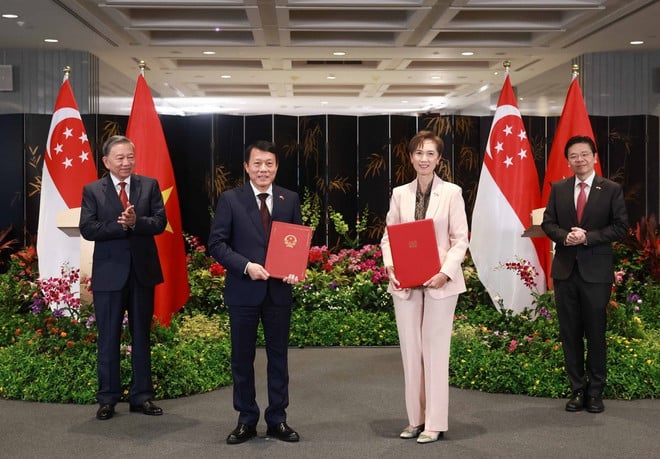

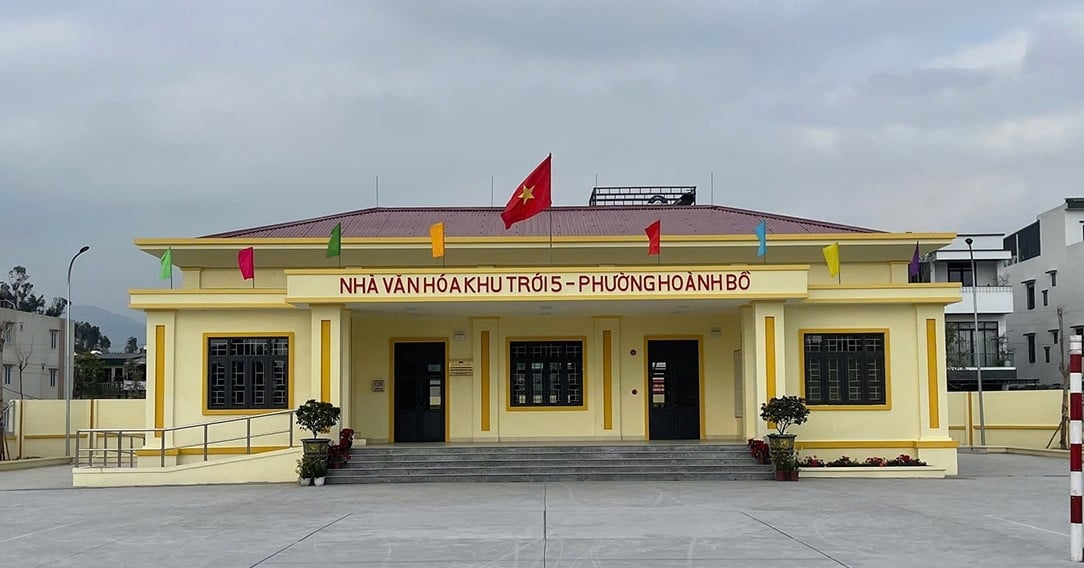


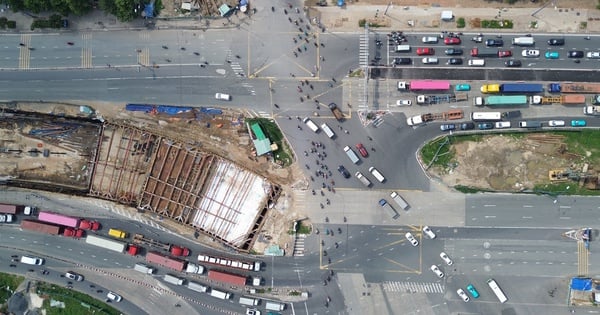

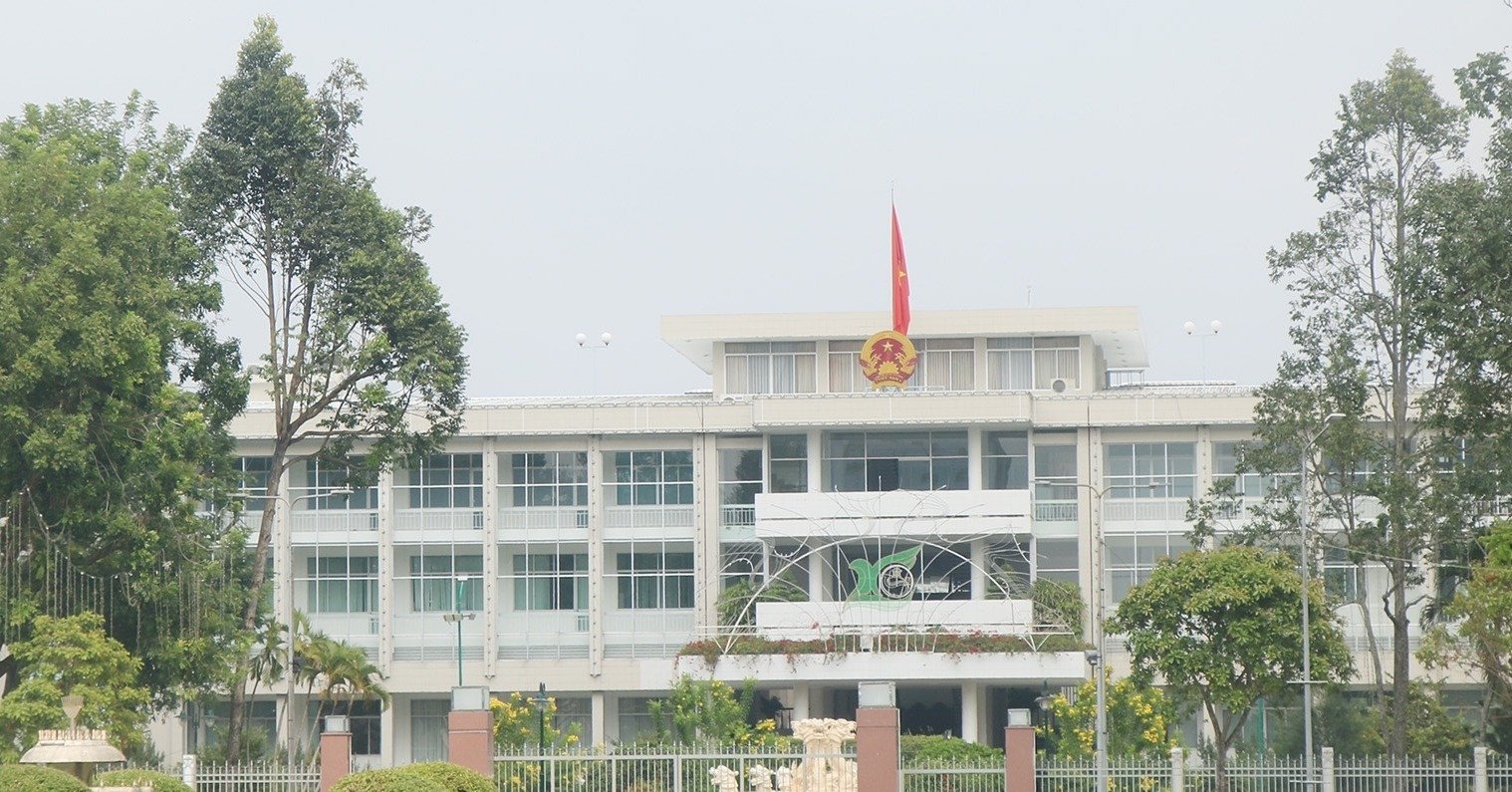




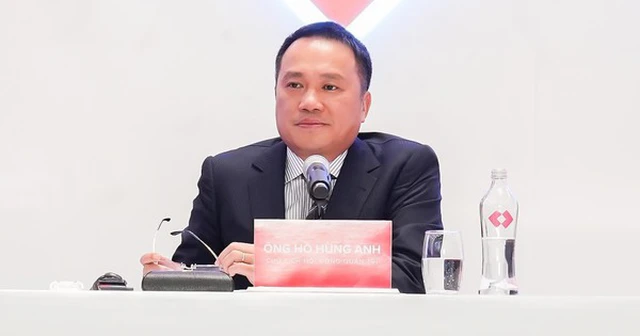




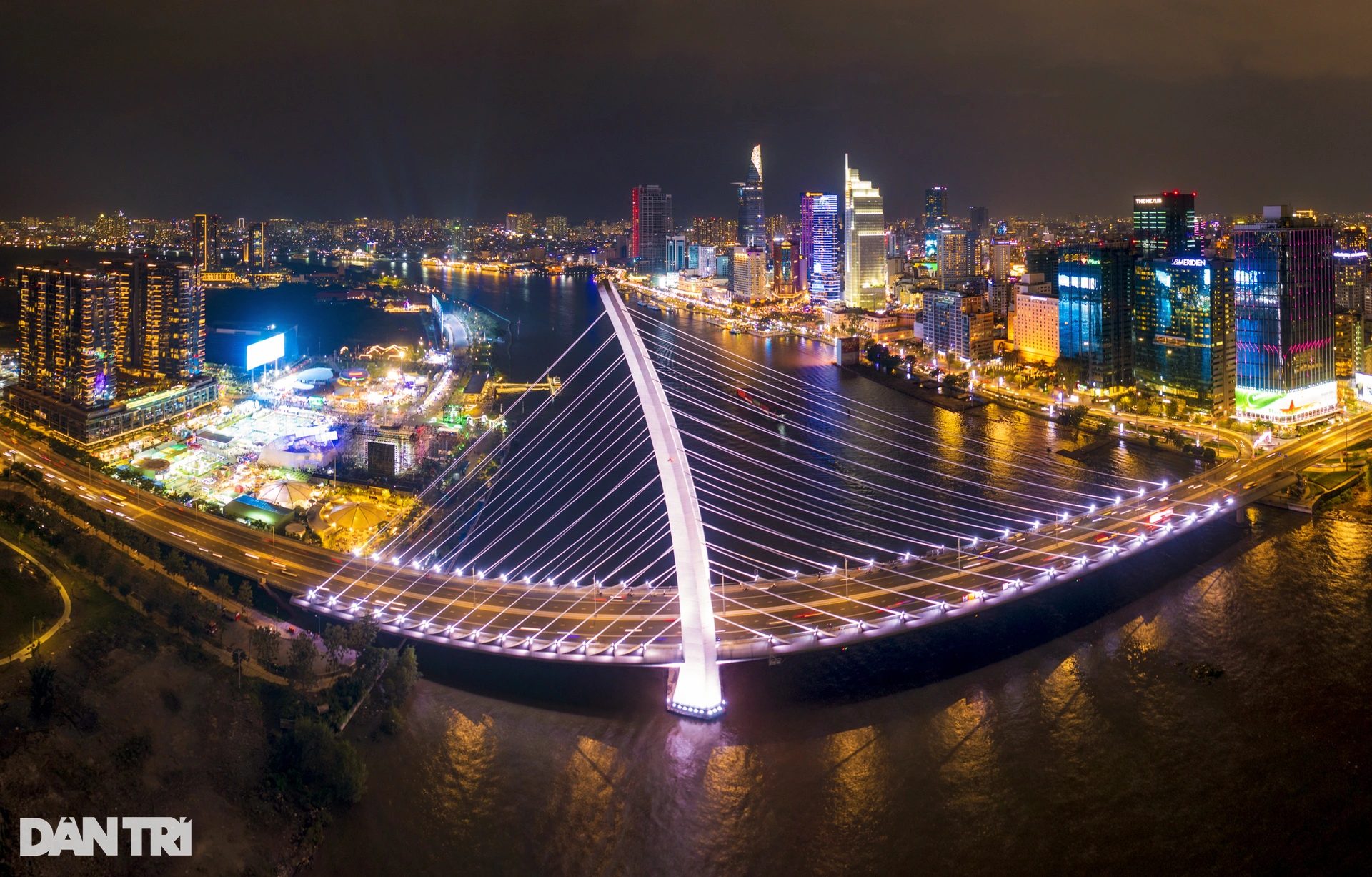



























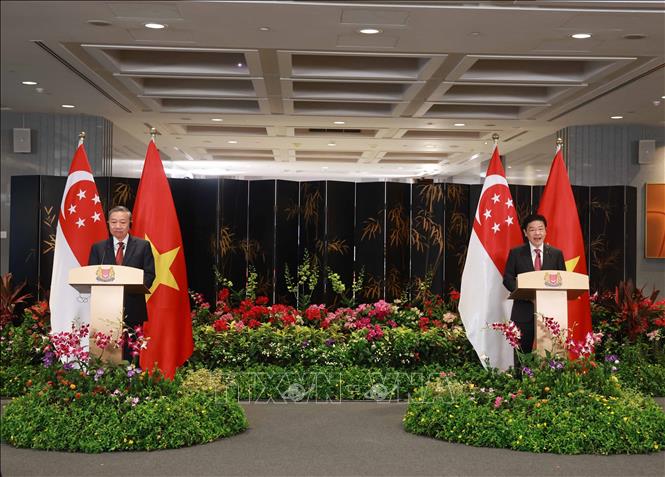

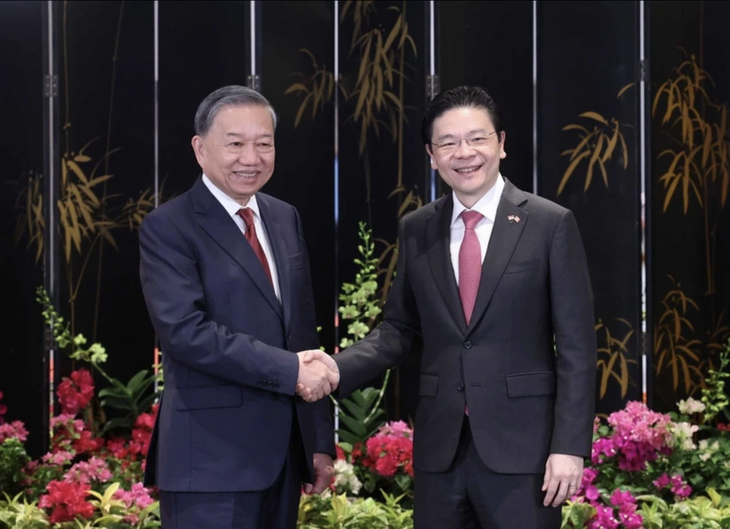
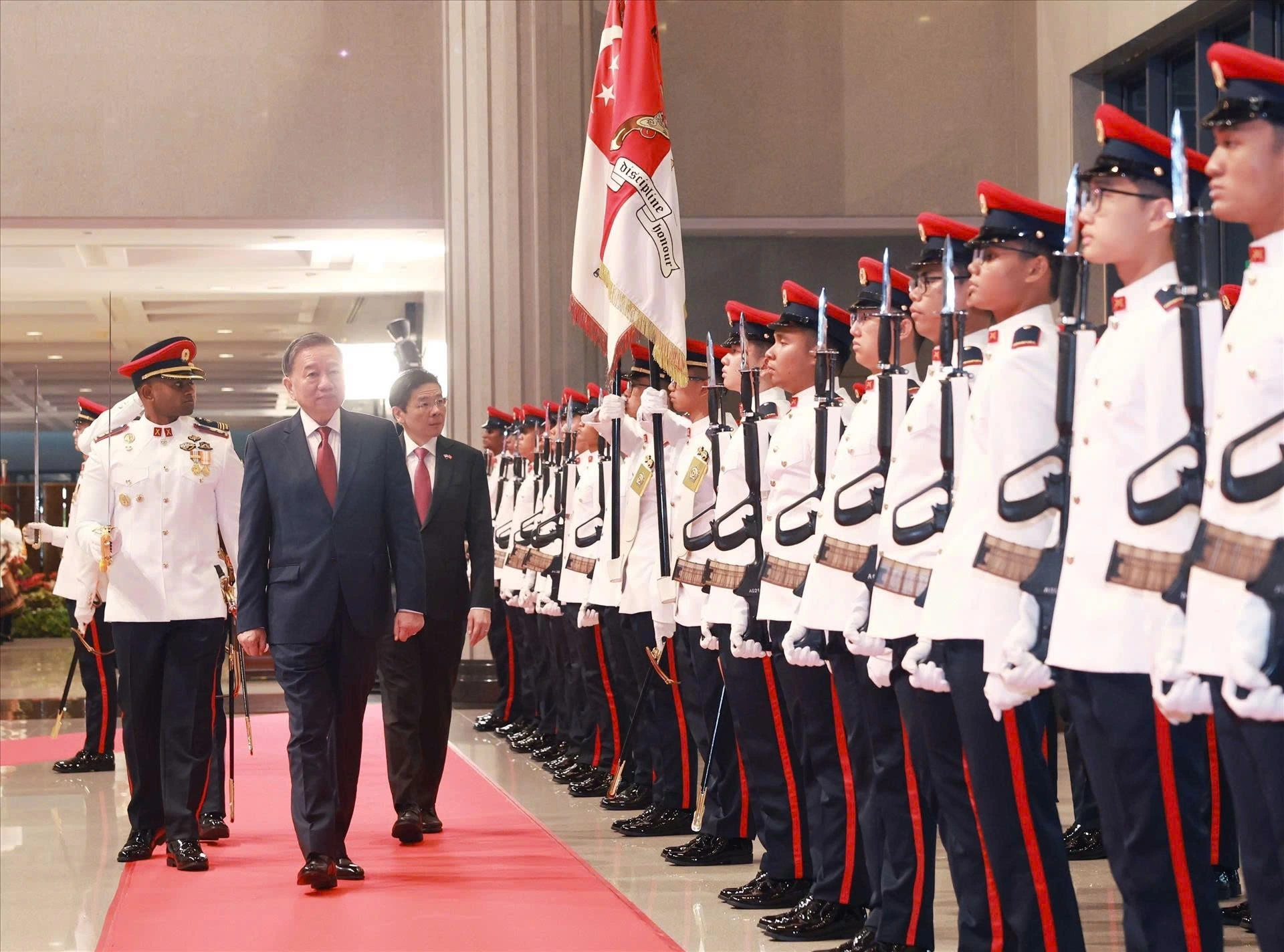

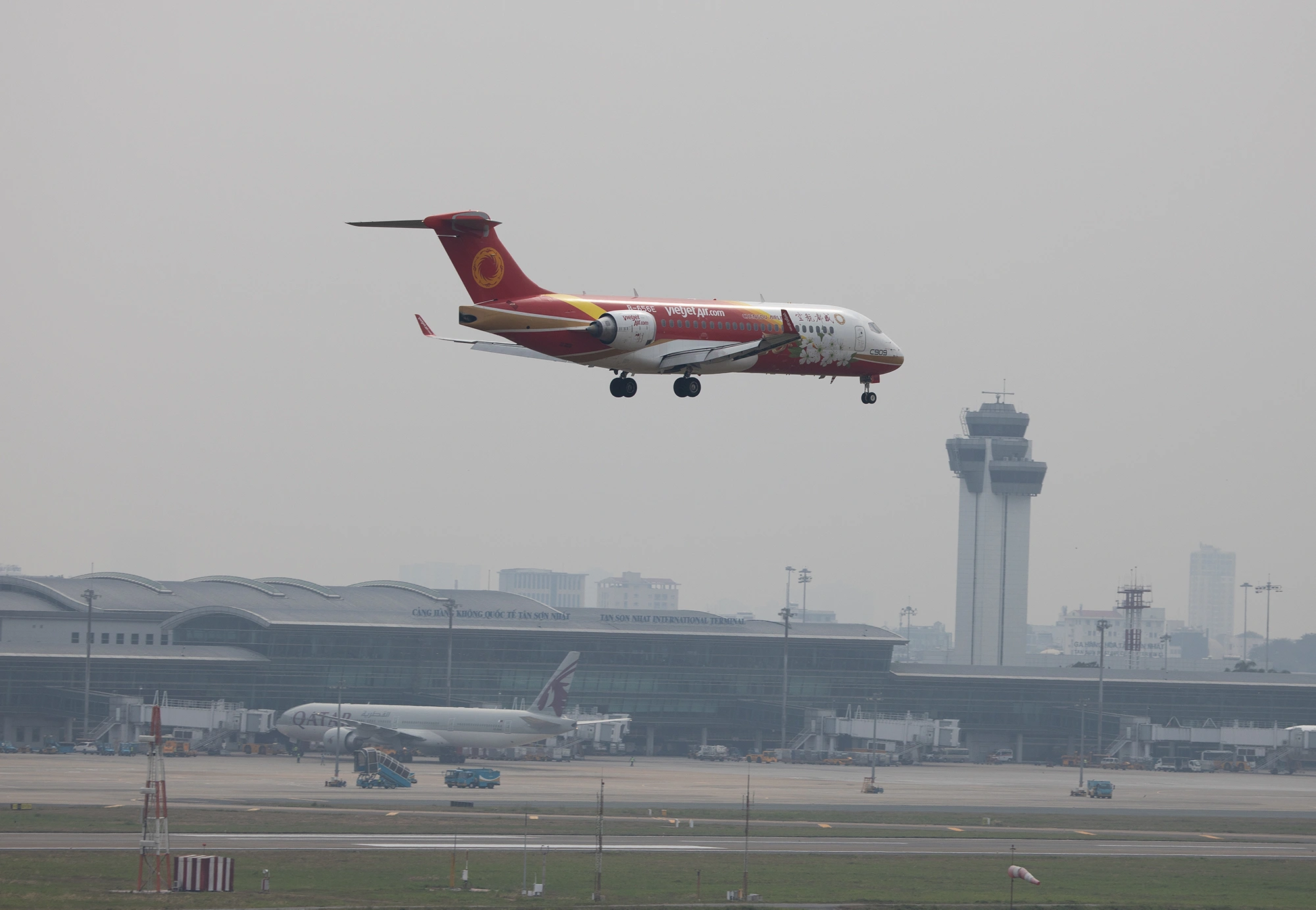
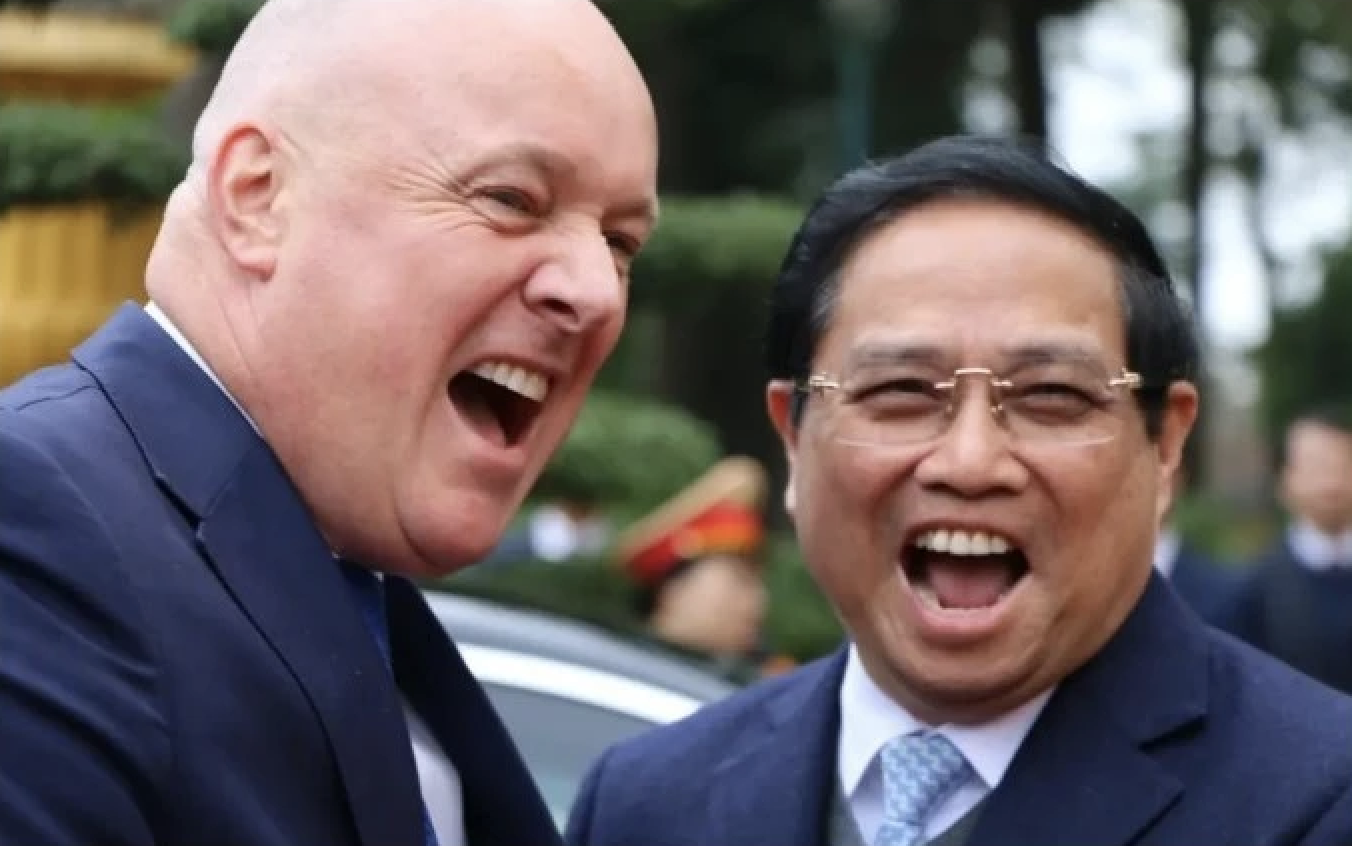
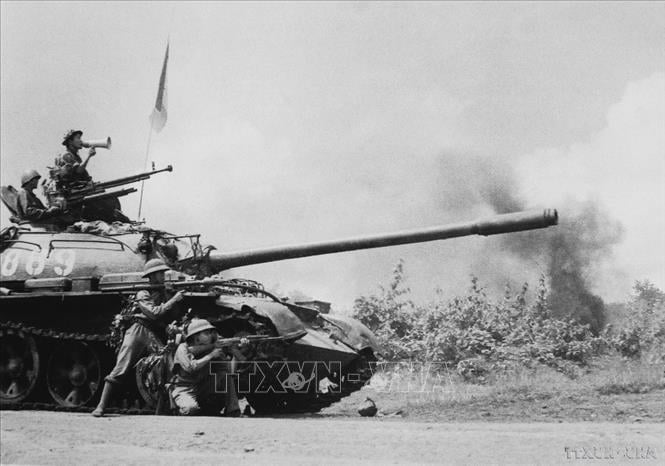


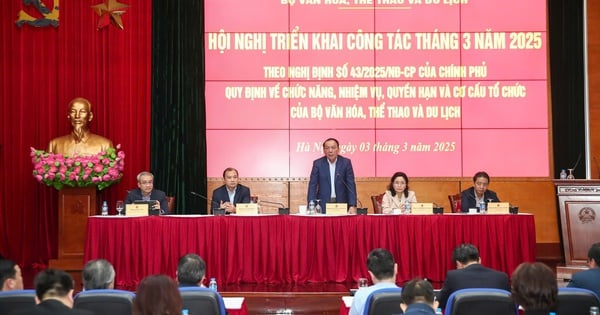

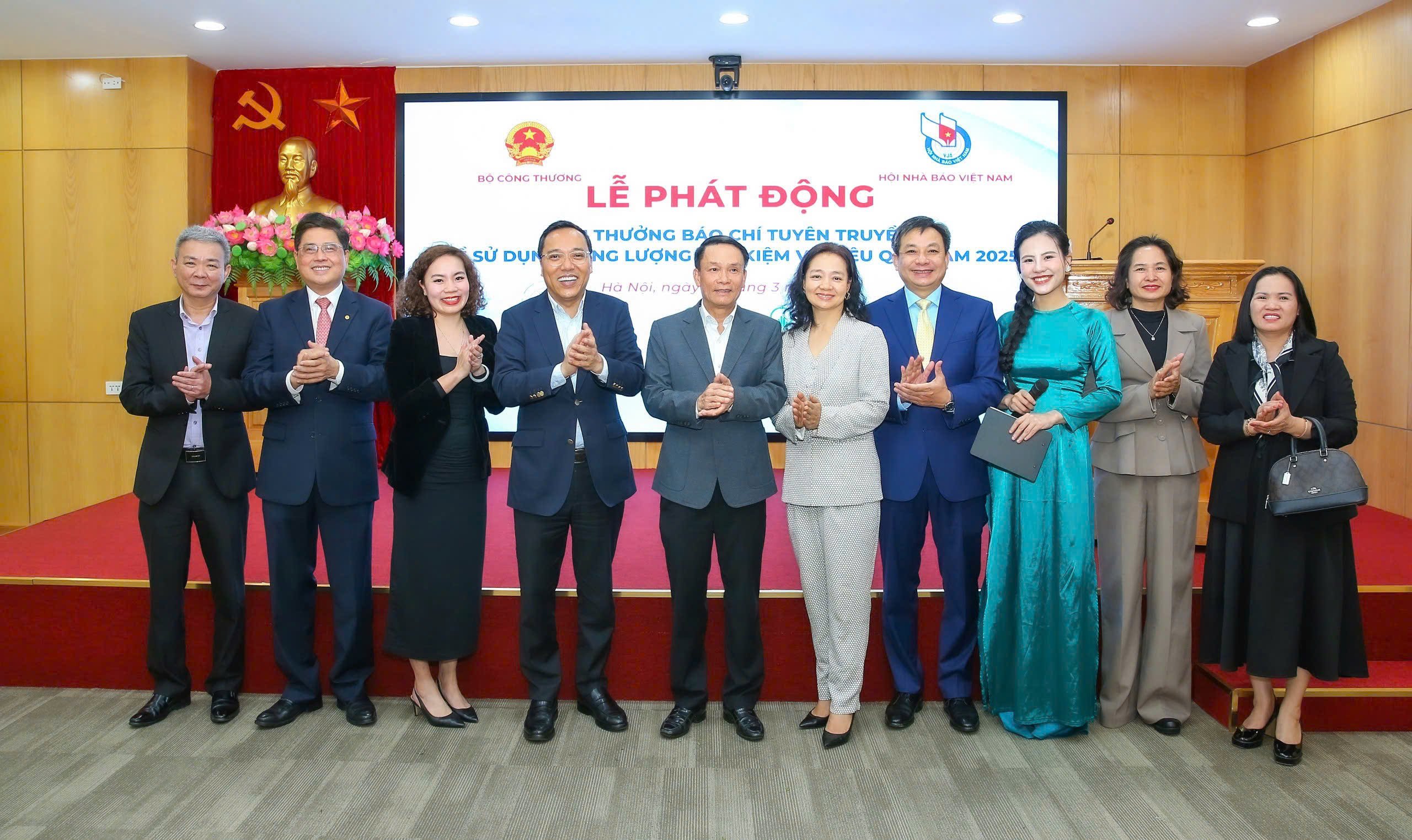

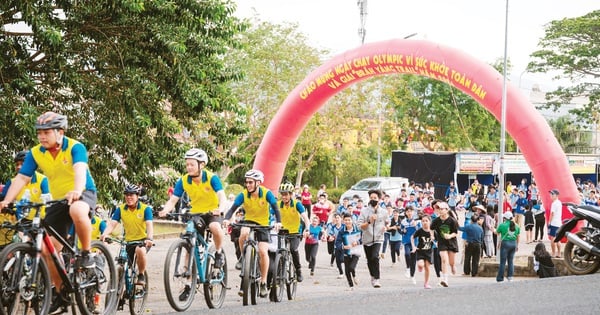
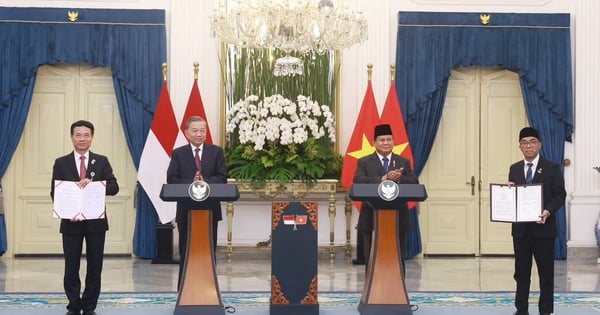
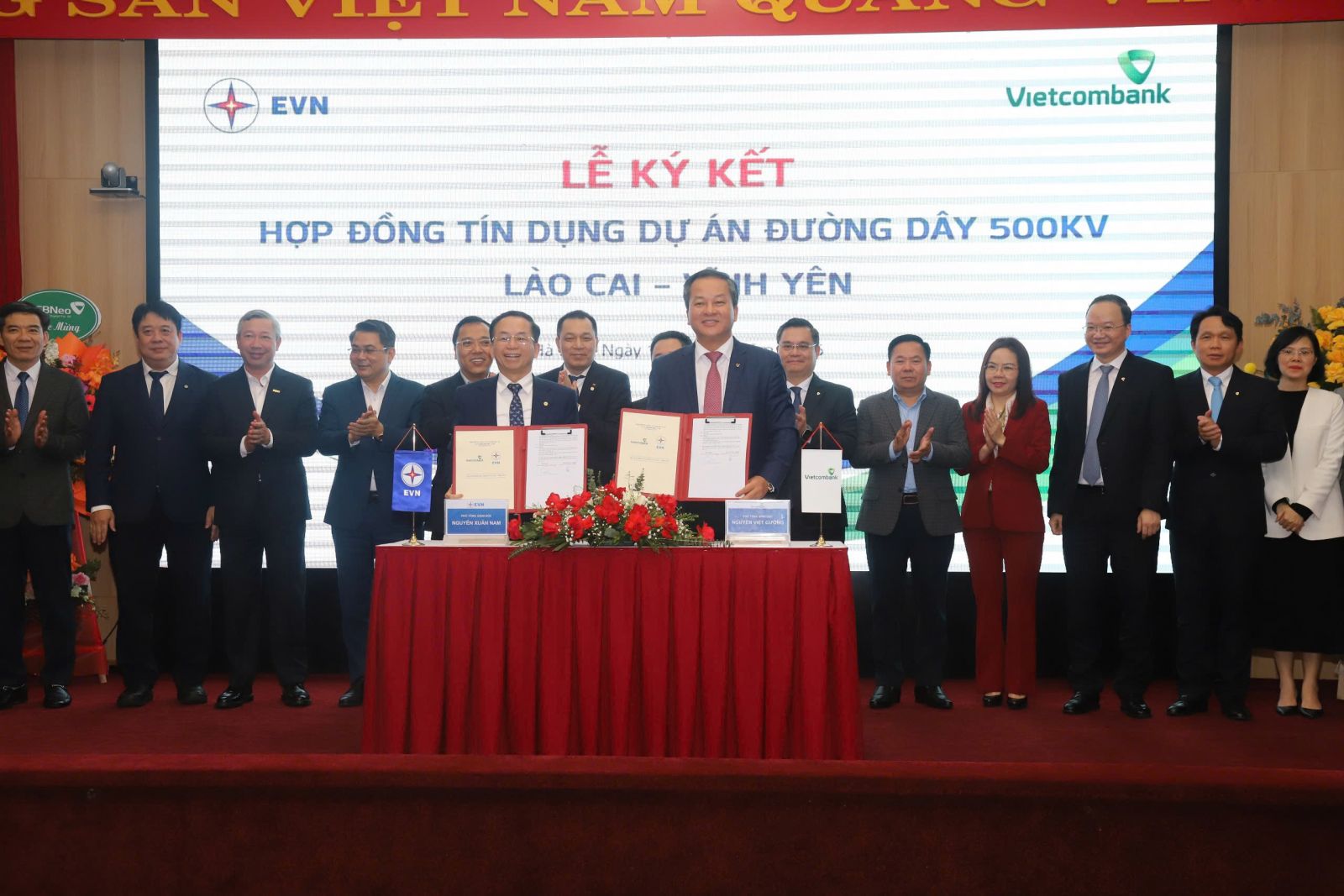








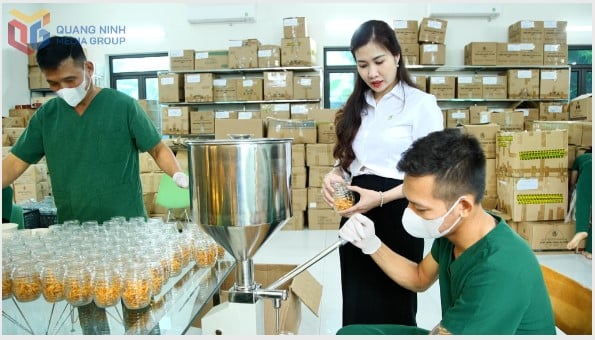

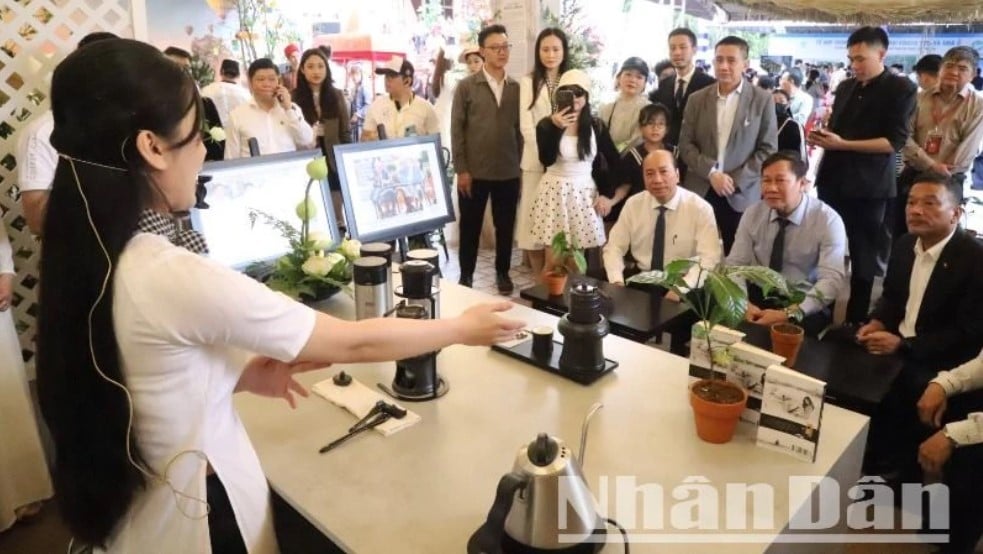

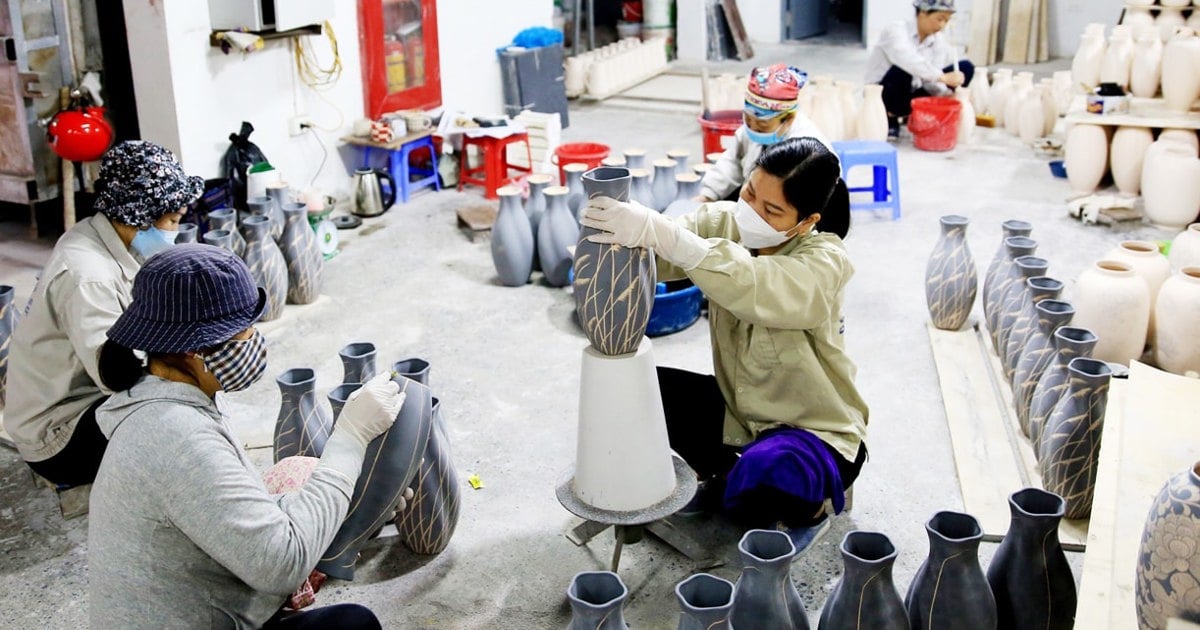

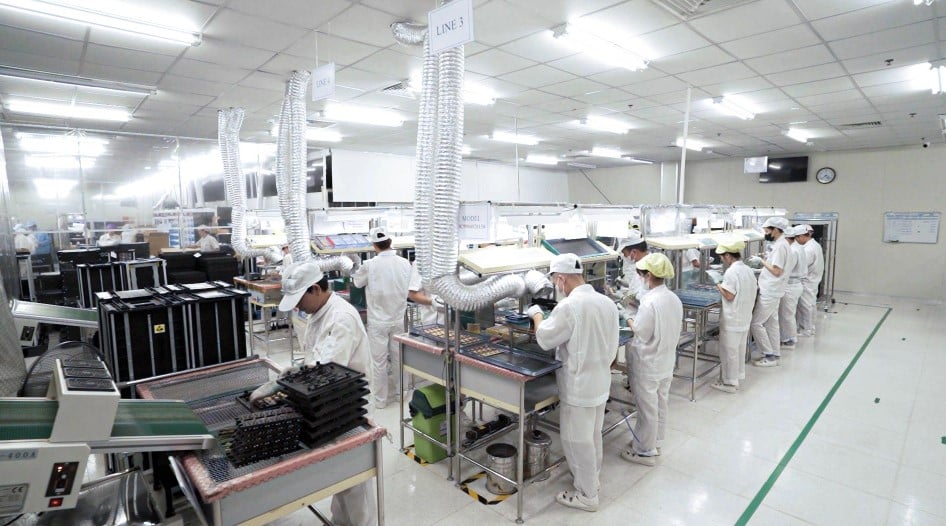
Comment (0)